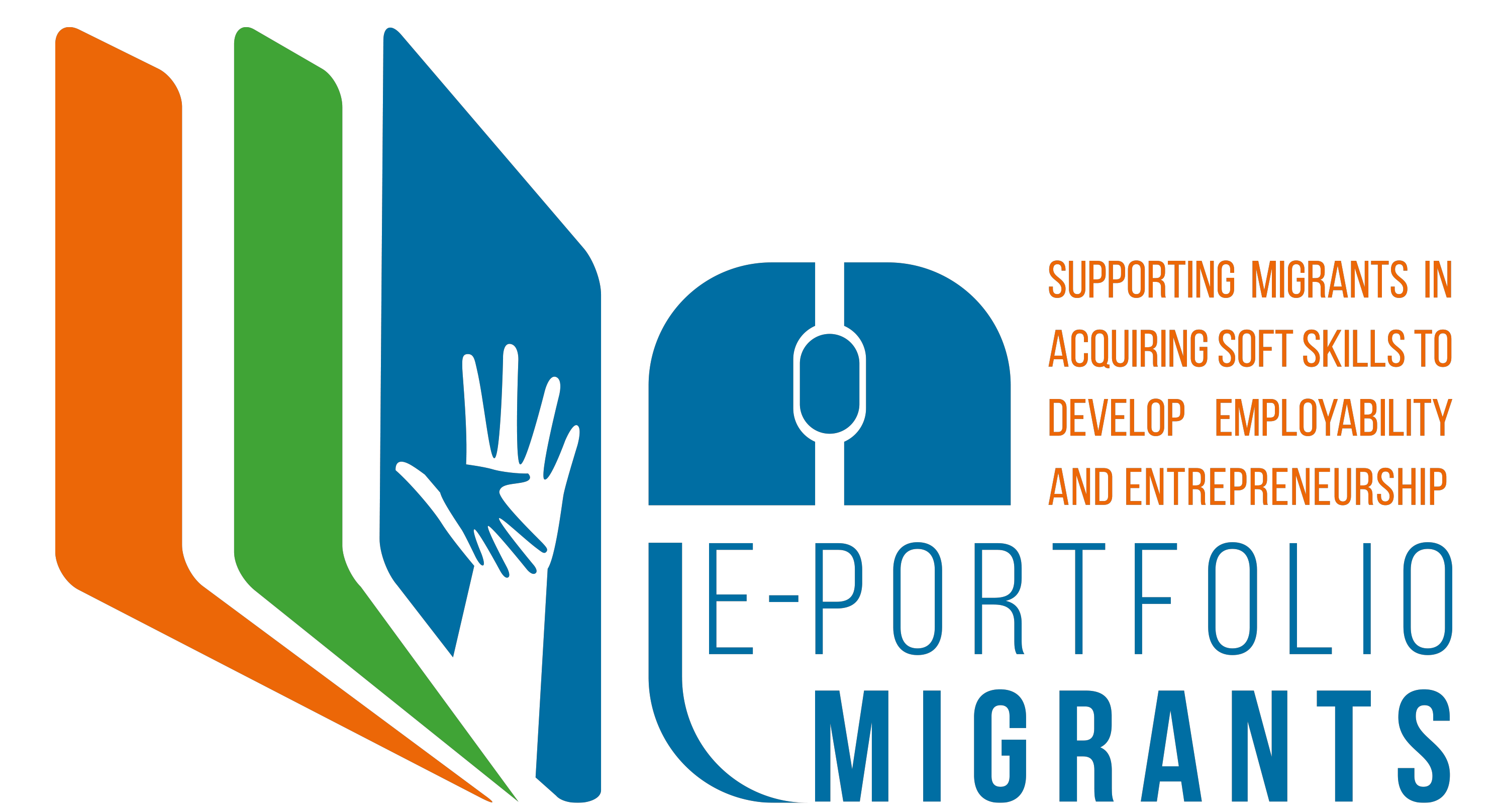Belgium, known for its rich cultural diversity as it is a country welcoming to migrants since time. The journey of migrants in a new land often comes with not just the challenge of acquiring technical skills but also the equally vital aspect of developing soft skills. These skills play a pivotal role in the integration process and are indispensable for building successful relationships and a sense of belonging. This input aims to explore the significance of soft skills development from a psychological perspective and offers insights for mentors working with migrants in Belgium.
The Psychological Importance of Soft Skills:
- Building Confidence: Soft skills such as effective communication, self-confidence, and assertiveness empower migrants to express themselves, interact with others, and adapt to their new environment. Confidence is a crucial for psychological well-being, allowing individuals to navigate challenges and overcome obstacles
- Emotional Intelligence: Developing emotional intelligence fosters empathy and understanding of others’ perspectives. This skill is essential while it comes to build positive relationships, managing conflicts, and reducing feelings of isolation, which usually are the most common psychological challenges faced by migrants
- Stress Management: The process of migration is often emotionally challenging too. Soft skills like stress management, resilience, and coping strategies are essential for mitigating the impact of stressors and maintaining mental health
- Cultural Adaptation: Soft skills, including cultural sensitivity and open-mindedness, facilitate smoother cultural adaptation. Migrants who can embrace and appreciate the diversity of Belgian society experience a greater sense of belonging and psychological well-being
With these regards several Mentorship Strategies for soft skills development are usually put in place as for facilitating the integration and create a space for migrants where they could feel safe as for expressing their thoughts, the challenges they face, etc.
- Communication Skills:
- Encourage migrants to participate in language exchange programs to improve their language proficiency and communication skills
- Organize group discussions and dialogues to provide a safe space for migrants to practice effective communication.
2. Emotional Intelligence:
- Conducting workshops on emotional intelligence, focusing on empathy, active listening, and conflict resolution
- Encouraging migrants to share their personal stories and experiences to build empathy and understanding within the community
3. Stress Management:
- Provision of resources and workshops on stress management techniques, mindfulness, and relaxation exercises
- Creating support groups where migrants can openly discuss their challenges and share coping strategies
4. Cultural Adaptation:
- Organization of cultural awareness sessions to help migrants navigate and appreciate the diversity of Belgian society
- Encouraging participation in cultural events and local festivals to foster a sense of belonging
5. Teamwork and Collaboration:
- Facilitation of team-building activities and collaborative projects to improve migrants’ teamwork and interpersonal skills
- Local community organizations often approach migrant as for encouraging of volunteer work, promoting a sense of purpose and belonging
Mentoring migrants in Belgium from a psychological perspective involves recognizing the importance of soft skills development in their integration journey. These skills not only empower migrants to build successful lives but also contribute to their psychological well- being and sense of belonging. Mentors definitely play a crucial role in guiding migrants toward the development of these essential skills, helping them navigate the challenges of migration, build meaningful connections, and create a better perspective in their life in the new country.





